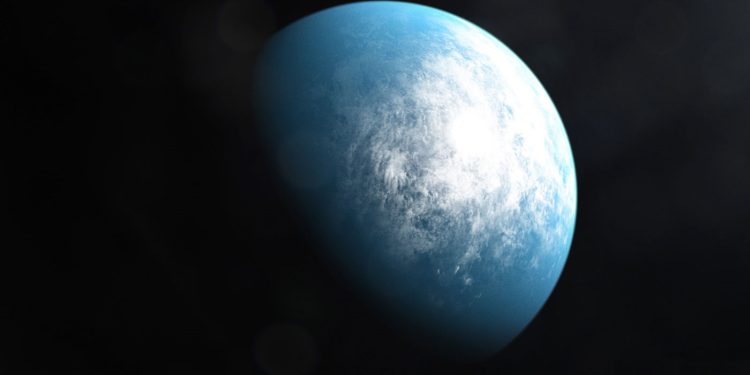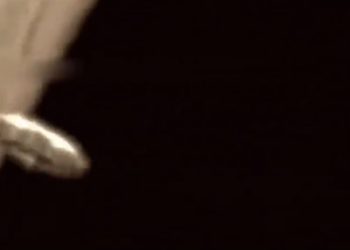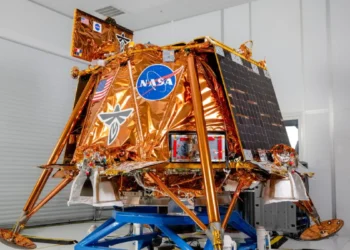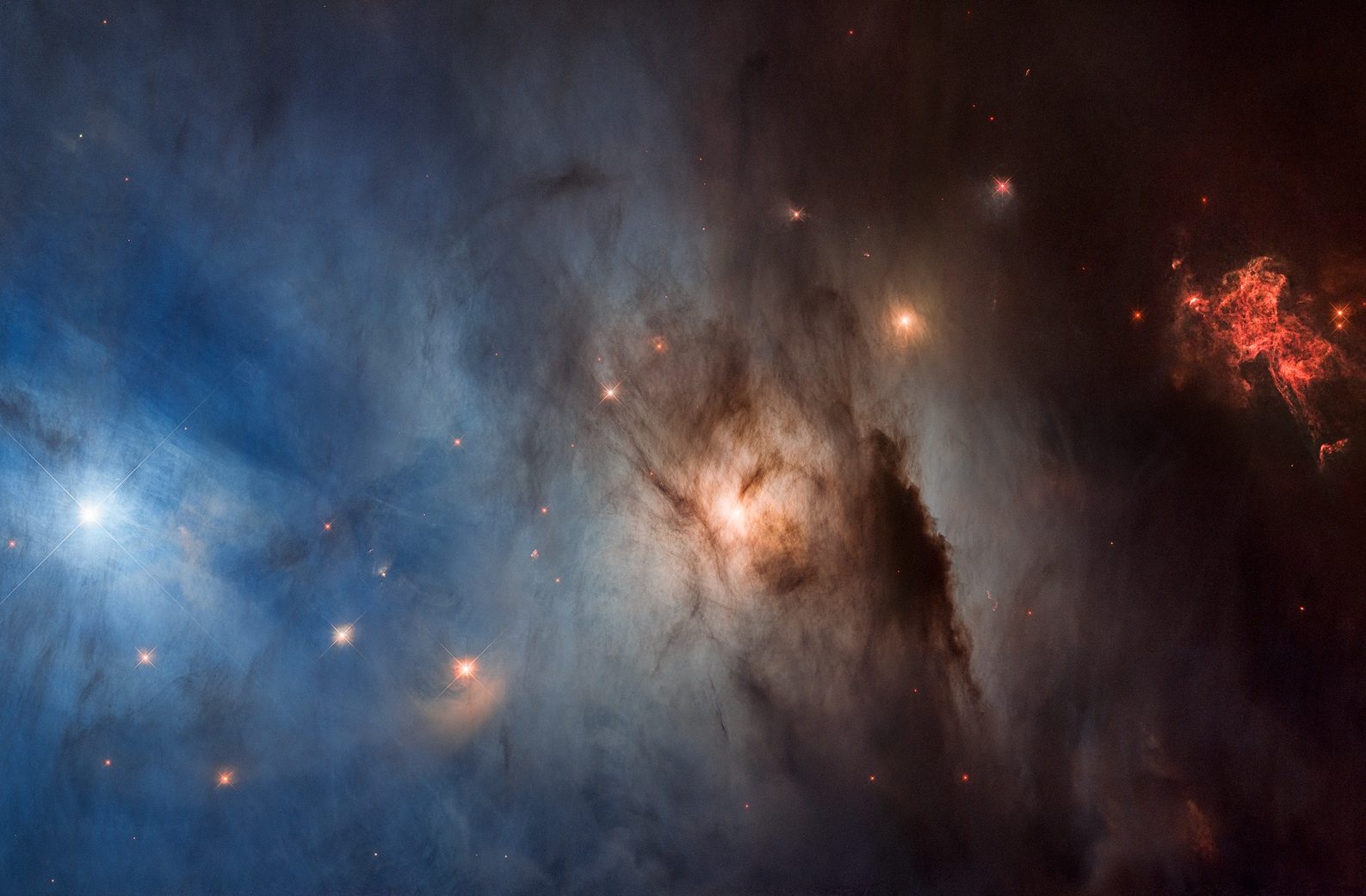When we think about life beyond Earth, it’s natural to imagine planets as the only viable hosts. After all, Earth itself is a planet, and our understanding of habitability has always revolved around the conditions found here. But groundbreaking research from scientists Robin Wordsworth and Charles Cockell is challenging that planetary-centric view, proposing that life could exist in space without planets.
Their study, published in the journal Astrobiology, explores how self-sustaining habitats could emerge and thrive in extraterrestrial environments. This fascinating idea flips our conventional understanding of habitability on its head by suggesting that living ecosystems might generate and maintain the conditions necessary for their survival—no planet required.
Rethinking the Foundations of Habitability
As revealed by Universe Today, planets provide life with essentials like liquid water, protection from harmful radiation, and a stable environment. However, Wordsworth, a professor at Harvard University, and Cockell, a professor at the University of Edinburgh, suggest that biologically generated structures could mimic these planetary features.
In their paper titled “Self-Sustaining Living Habitats in Extraterrestrial Environments,” they argue that living organisms could construct barriers capable of maintaining pressure, temperature, and even blocking harmful UV radiation. These barriers could enable life to survive in extreme environments, including the vacuum of space, by creating a self-contained system.
The concept isn’t as far-fetched as it might seem. On Earth, we already see examples of biological materials sustaining significant internal pressures. For instance, seaweed maintains pressures up to 25 kPa, and the blood pressure in a human body easily exceeds 15 kPa. These natural systems demonstrate the potential for biological structures to withstand challenging environments.
Can Biology Replace Planets?
At the heart of this idea lies water, the key ingredient for life as we know it. To exist in a liquid state, water requires specific pressure and temperature conditions. Earth’s atmosphere and greenhouse effect naturally provide this balance. However, in space, a living habitat would need to replicate these conditions.
Interestingly, some organisms on Earth already display this ability. Saharan silver ants, for example, regulate their thermal balance with remarkable efficiency, allowing them to survive extreme heat. Meanwhile, diatoms produce intricate silica structures, highlighting how biological systems can create materials with advanced properties.
The authors calculated that biologically generated habitats could maintain the necessary conditions for liquid water, even at varying distances from the Sun. These habitats could also address challenges like volatile loss and radiation exposure. Compounds such as amorphous silica and reduced iron, which protect photosynthetic organisms from UV radiation on Earth, could perform a similar role in space.
Life Without Borders: A New Frontier
What makes this concept so exciting is its potential implications for human space exploration. If ecosystems can sustain themselves in space, they might pave the way for autonomous habitats, reducing our reliance on planets or moons. Furthermore, these systems could provide unique biosignatures, expanding the scope of astrobiological research.
Wordsworth and Cockell acknowledge that Earth’s life forms haven’t yet developed such capabilities, but they emphasize the potential. Over time, life on Earth has adapted to increasingly diverse environments. It’s not unreasonable to imagine evolutionary pathways leading to self-sustaining systems in space.
The researchers conclude with a thought-provoking question: Could living habitats evolve naturally without human intervention? While this remains speculative, it opens the door to exploring how life might adapt in ways we’ve never considered.











